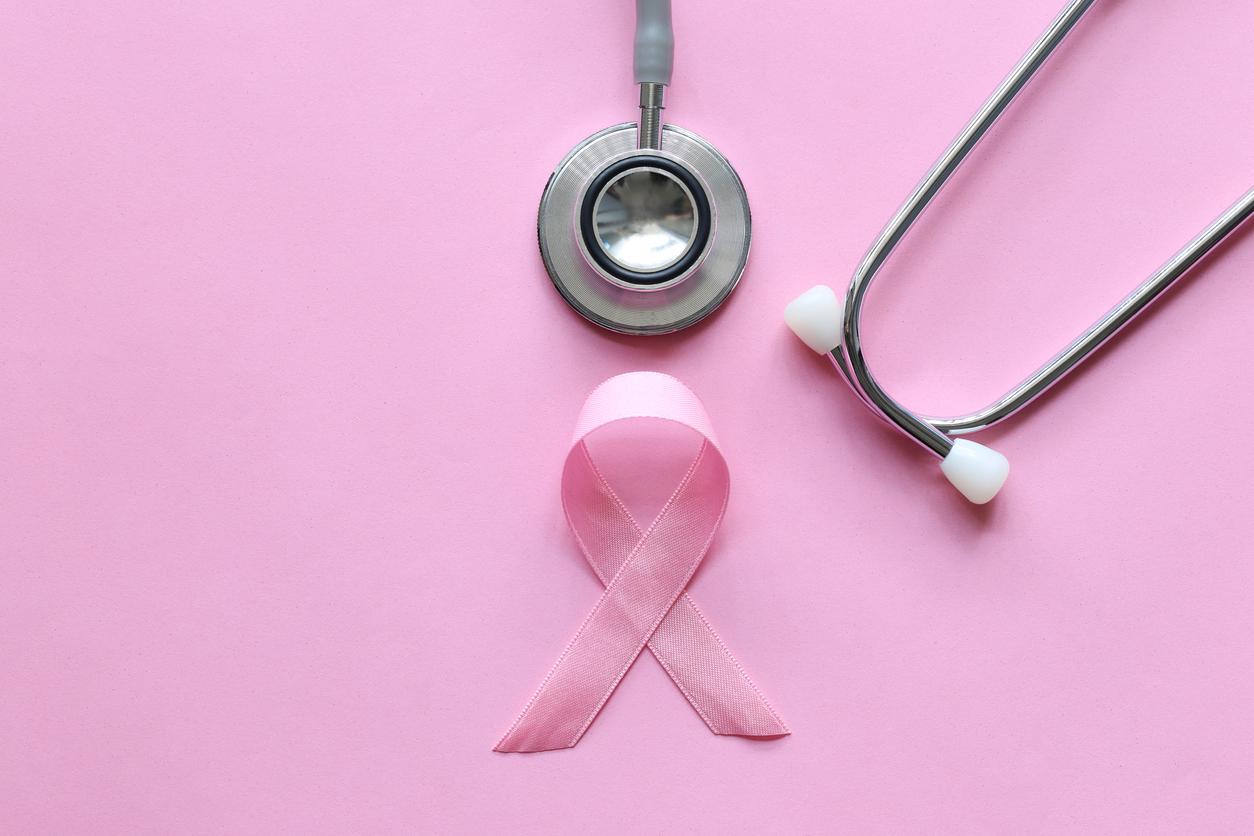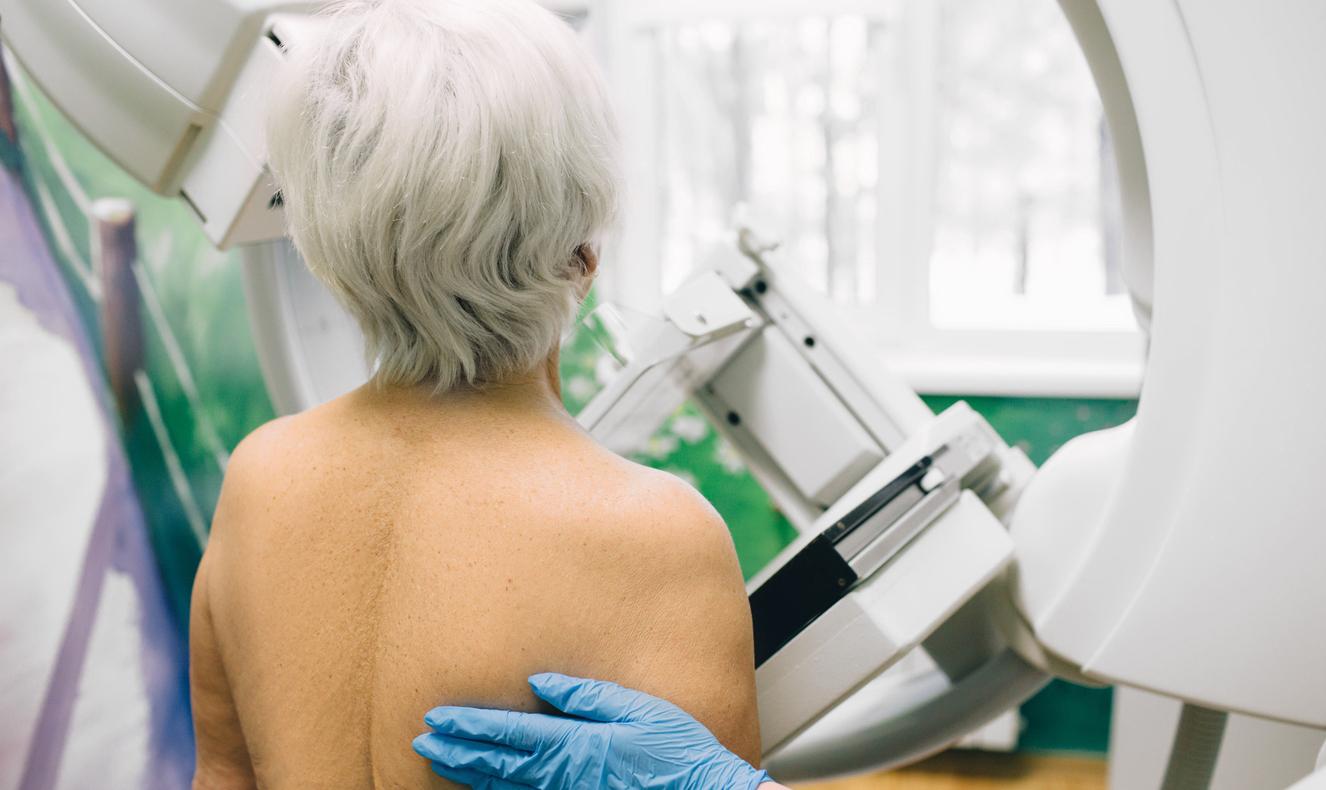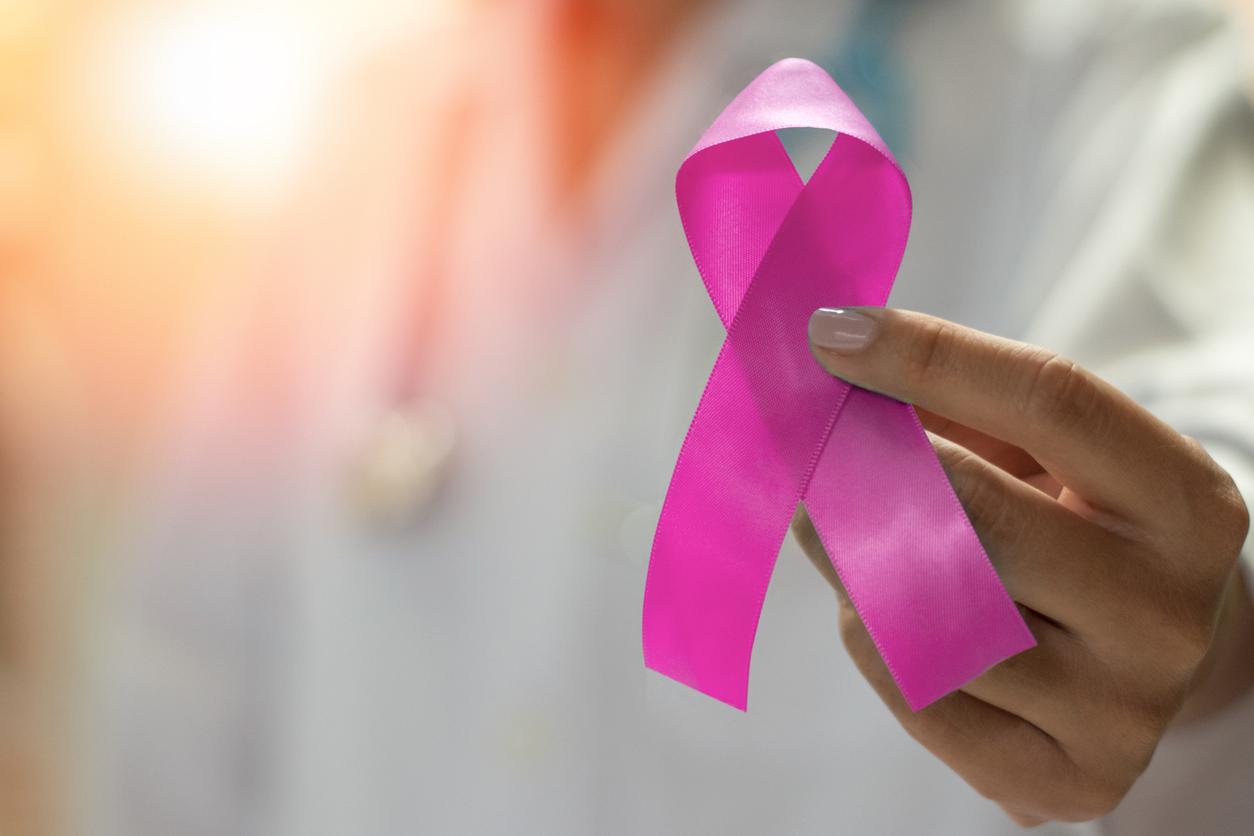According to a new study, fasting before the start of chemotherapy could improve the condition of breast cancer patients. However, these results should be taken with a grain of salt, warn experts.

- According to a new study, fasting before the start of chemotherapy could improve the condition of breast cancer patients.
- However, the study has many limitations, warn experts, according to whom “there is not sufficiently strong evidence for the use of fasting to be recommended” in the treatment of cancer.
- Especially since, even if they were subsequently confirmed, these results would only be valid for this chemotherapy there and this cancer there.
Fasting to better treat cancer? The debate never ends. While some doctors assure that “detoxifying” one’s body can help fight the disease, others, on the contrary, find this argument scientifically unfounded and much too risky for the patient, who is already very weak. A new study published in the journal Nature, goes in the direction of pro-fasting since, according to the researchers, fasting before the start of chemotherapy could improve the condition of breast cancer patients. However, these results should be taken with a grain of salt, warn skeptical experts.
A number of animal trials show that a diet mimicking fasting could protect healthy cells against chemotherapy while making cancer cells more vulnerable to treatment. Researchers at the Leiden University Medical Center (Netherlands) followed 129 patients with breast cancer. The latter had a body mass index high enough to withstand fasting for a few days without risk of malnutrition. They were divided into two groups. The former had to follow a fasting-mimicking, plant-based, low-amino acid diet of soups, broths and tea for the three days before and after chemotherapy. Meanwhile, the other group continued to feed normally.
Researchers found that patients who followed the water-mimicking diet — developed to induce metabolic responses similar to water-only fasting and provide needed protein — responded better to chemotherapy than those who did not. . Indeed, fasting did not reinforce the toxicity of the treatment but on the other hand allowed a better survival without progression of the disease when the growth of the tumor is observed by radiology, they explain in their paper.
The first study of its kind
Again, as in mice, the diet mimicking fasting would make cancer cells more sensitive to chemotherapy while protecting healthy ones. It would also considerably reduce the damage caused by the treatment to certain T cells.
“This is the first randomized controlled study evaluating the effects of foot and mouth disease on the toxicity and efficacy of chemotherapy in cancer patients.”, welcome the authors of this study. According to them, these results encourage further exploration of the benefits of fasting as part of cancer therapy.
However, some experts remain skeptical regardless. “The results in mice (animals in general) cannot be transposed to humans: the temporality, organisms and mechanisms are not the same. This gives hypotheses and encouraging avenues of work but does not allow us to conclude or advise patients”explains Dr. Vanessa Cottet, researcher and epidemiologist, to Science and Future. In 2017, she participated in the writing of a report by the National Cancer Research Institute (INCa), listing 224 relevant scientific publications on the efficacy of fasting in cancer. Among them, 200 related to an animal and the remaining 24, carried out on humans, presented insufficient numbers or qualities.
A methodology that questions
“This study is the only one that holds up today in favor of fasting in cancer patients”analyzes Dr. Bruno Raynard, gastroenterologist and head of the transversal dietetics and nutrition unit at the Gustave-Roussy Institute (Paris), also co-author of the INCa report, also interviewed by Science and Future. Even if this study differs from others on the subject, its methodology raises questions.
“There is no explanation of the mechanisms explaining this effect on progression-free survival. There is also a lack of data to judge the real effect of fasting studied, such as the prior nutritional status of patients, ingesta [ce que les patientes ont ingéré, NDLR] including protein, and their level of physical activity. These three criteria are eminently important factors for judging the prognostic effect [prédiction des résultats cliniques, NDLR] nutritional support”explains Bruno Raynard.
Especially since the patients have not completely stopped eating and have ingested products developed by a brand in which one of the signatories of the paper has financial interests, reveals Sciences et Avenir. What is more, the statistical method used to evaluate the results on progression-free survival and the criteria on which patients are included or not lacks rigor, denounces Vanessa Cottet, who points the finger “inconsistencies and inaccuracies in this paper”. Finally, of the 65 patients who were required to fast, only 13 did so during the four treatment cycles.
In conclusion, “iWe must remain very wary of the uses of fasting that this work could lead to in patients. It should be kept in mind that the avenue remains to be studied, but that there is not sufficiently strong evidence to recommend the use of fasting”, declares Bruno Raynard. Especially since, even if they were subsequently confirmed, these results would only be valid for this chemotherapy and in this type of cancer.
What about intermittent fasting?
In addition to cancer, researchers are also looking closely at the effects of fasting in the treatment of chronic diseases. Recently, researchers published a study showing that intermittent fasting could protect the liver and counter diabetes.
“We didn’t know that fasting could reprogram liver proteins, which perform different essential metabolic functions., explains Dr. Mark Larance, whose team found that intermittent fasting had an influence on the HNF4-(alpha) protein, which regulates many genes in the liver. When fasting, the action of this protein is blocked: this improves lipid metabolism, improves blood glucose levels and reduces inflammation levels. According to Mark Larance, these discoveries could help improve glucose tolerance and help regulate diabetes.
Many healthy people practice intermittent fasting from time to time in order to deeply cleanse their bodies. If this concerns you, talk to your doctor first. If you decide to extend the experience beyond seven days, do so under professional supervision.

.















